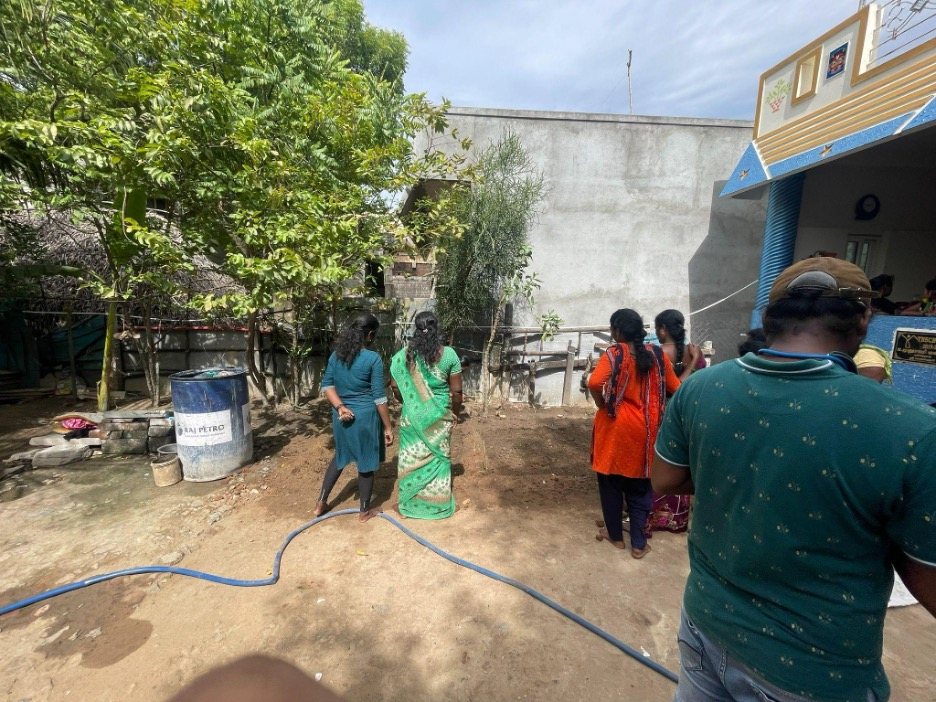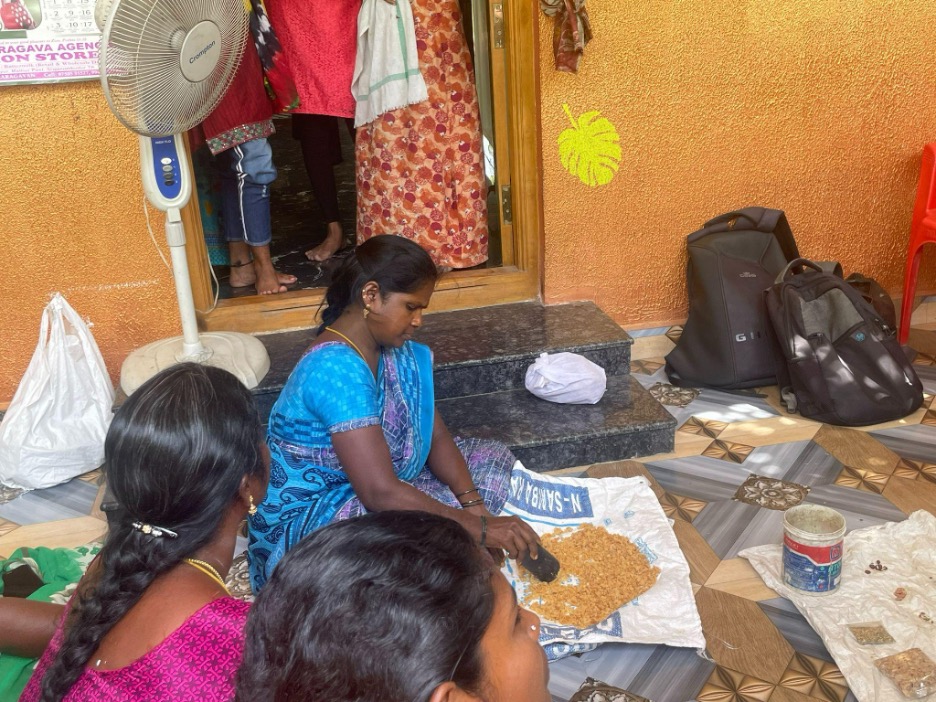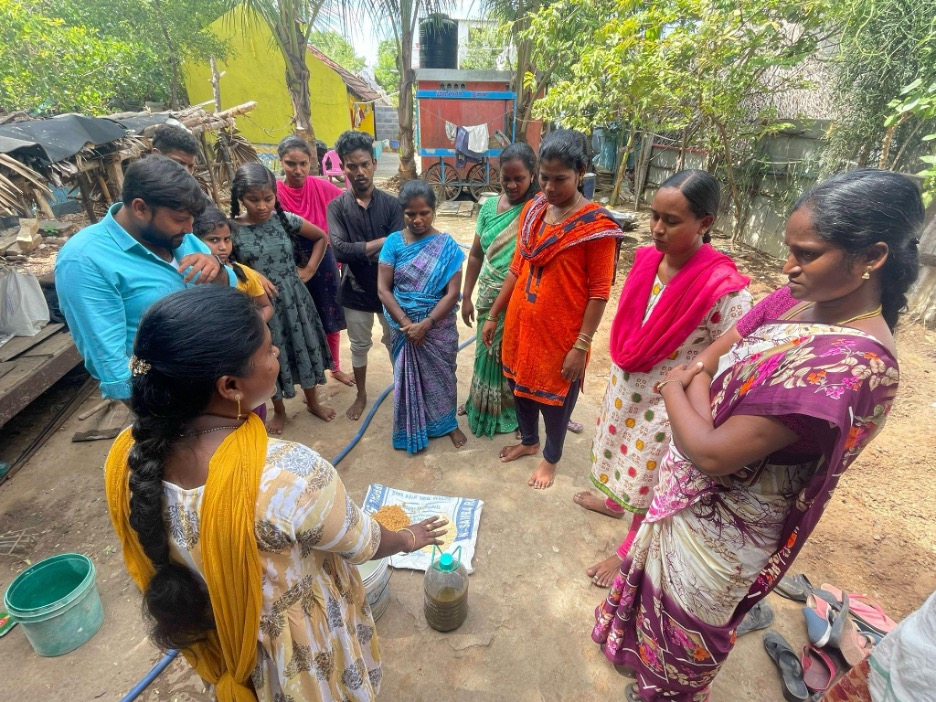Workshop Experience
Besides being a rewarding activity, gardening is a sustainable way to grow organic and fresh food. On June 10 and 11, 2023, a two-day workshop on kitchen gardening was held at Kachhipattu. This program, which was instructed by Mr. Praveen and Ms. Vani, was designed to give participants the knowledge necessary to perform kitchen gardening. The program drew a diverse group of around 20 participants, ranging in age from youngsters to adults, under the direction of Ms Rishika and with the help of a wonderful team. We'll go into the details of the session in this blog.

Highlights
Day 1: The Foundation Laying
Kitchen Gardening
Mr Praveen and Ms Vani started by exchanging knowledge on preparing the soil, planting seeds, and properly enhancing soil quality
Day 2: Learning by Doing

Impacts:
Learning
Regardless of age or degree of experience, every participant in the workshop found it valuable.

Day 1: The Foundation Laying
On the first day of the program, the focus was on giving participants the tools they would need to start their kitchen gardens. Mr Praveen and Ms Vani started by exchanging knowledge on preparing the soil, planting seeds, and properly enhancing soil quality. They placed an emphasis on using natural pesticides and instructed the participants in their preparation. They taught them how to prepare natural pesticides. By fermenting a mixture of cow dung, neem leaves, and other leaves with cow urine for 3 to 4 days, dilution, and filtering, they created a natural insecticide ready to protect plants.
The workshop's main goal was to show how to maximize productivity in a small area. The facilitators illustrated planting patterns and gave precise directions on preparing the land, including the natural manure and insecticides. The one-cent land system and solar garden system concepts were also presented, allowing participants to experiment with cutting-edge gardening methods.
Day 2: Learning by Doing
The focus of the session changed on the second day as participants had the chance to put their newly acquired information to use. The group travelled to Medila's property, where they collaborated to seed the ground and prepare it for planting. The attendees actively participated in spreading Bijamirtham, a natural insecticide, in the prepared area after learning how it is made.
Impacts
Regardless of age or degree of experience, every participant in the workshop found it valuable. Children gained important knowledge about sustainability, nature, and the fun of growing their own food. Adults acquired useful skills to help them become more self-sufficient and improve their general well-being. The workshop established a common area for education and cooperation by encouraging a sense of community and group effort. Additionally, establishing kitchen gardens in the community will have a significant impact, assuring a steady supply of fresh, nourishing vegetables and lowering reliance on outside sources.
